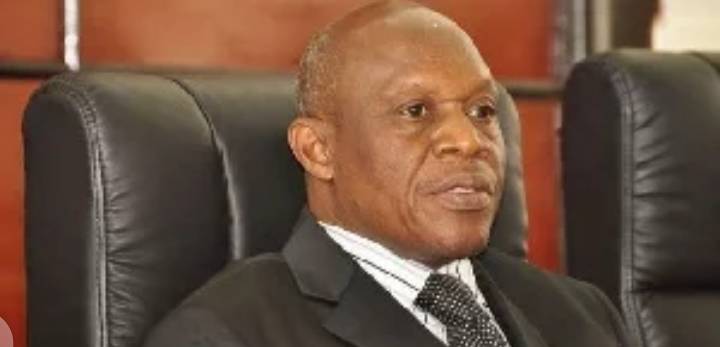Vacant Parliamentary Seats Dispute: Justice Atuguba Criticizes Supreme Court Involvement
In the midst of growing political tension over the proper approach to handling vacant parliamentary seats in Ghana, retired Supreme Court Justice William Atuguba has voiced his opposition to the involvement of the judiciary in such matters. Justice Atuguba, renowned for his experience and long tenure on the bench, argues that invoking the Supreme Court to settle disputes regarding vacant parliamentary seats is fundamentally misplaced.
Speaking recently on the issue, Justice Atuguba suggested that the Supreme Court's involvement in these disputes could undermine the principle of separation of powers, a cornerstone of democratic governance. According to him, matters concerning vacant seats in Parliament should be settled politically, not judicially.
“Invoking the Supreme Court to settle parliamentary seat disputes is wrong,†Justice Atuguba asserted. He emphasized that the Constitution of Ghana and its democratic framework are built on a clear division between the powers of the judiciary, legislature, and executive, and any blurring of these lines could lead to institutional overreach.
The Context
Justice Atuguba’s remarks come at a time when political parties and individuals have increasingly turned to the courts to resolve disputes over vacant parliamentary seats. These vacancies may arise due to various reasons, including the death of a sitting MP, disqualification, or resignation. However, the procedure for filling these seats—whether through by-elections or other political processes—has at times sparked heated debates and legal challenges.
Recently, some disputes over these vacant seats have been brought before the Supreme Court, leading to questions about the appropriate role of the judiciary in matters that are inherently political. The calls for Supreme Court rulings in such cases have raised concerns about judicial overreach and the risk of politicizing the judiciary.
Justice Atuguba's view is that Parliament itself, or other political processes, should be used to resolve such matters without the need for judicial intervention. He believes that allowing the courts to weigh in on these disputes could set a dangerous precedent, leading to an erosion of parliamentary autonomy.
Separation of Powers at Stake
At the heart of Justice Atuguba’s argument is the principle of separation of powers—a fundamental concept in democratic governance. He insists that political questions, especially those involving parliamentary processes, should remain in the political sphere. In his view, the judiciary’s role is to interpret the law, not to mediate political disputes that could be handled by parliamentary procedures or democratic elections.
By involving the Supreme Court in political disputes, Justice Atuguba fears that the judiciary could become entangled in the complex and sometimes partisan nature of Ghana’s political landscape. This, he argues, could erode public confidence in the judiciary as an impartial arbiter of justice.
Implications for Ghana’s Democracy
Justice Atuguba’s remarks raise important questions about the future of Ghana’s democracy and the balance of power between its institutions. His critique is a reminder that the judiciary must remain independent and free from political interference, even as political actors increasingly turn to the courts for resolutions.
If the judiciary is seen as encroaching on political territory, it could weaken its credibility in the eyes of the public and undermine its role as the guardian of constitutional rights. Furthermore, overreliance on judicial rulings to settle political disputes could weaken Parliament’s ability to manage its own internal affairs, potentially leading to a weakening of democratic governance overall.
Conclusion
Justice Atuguba’s opposition to the Supreme Court’s involvement in vacant parliamentary seat disputes serves as a powerful reminder of the need to maintain a clear separation between the judiciary and the political branches of government. His call for political solutions to political problems underscores the importance of preserving the autonomy and integrity of both Parliament and the judiciary.
As Ghana continues to navigate its democratic journey, the debate over the proper handling of vacant parliamentary seats will likely persist. However, Justice Atuguba’s comments provide a timely warning against judicial overreach and the potential risks to the country’s democratic institutions.




No comments yet
Be the first to share your thoughts!